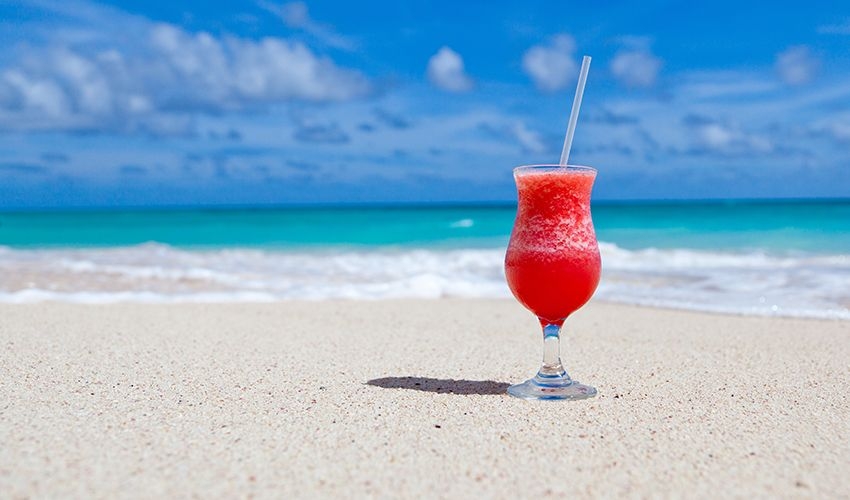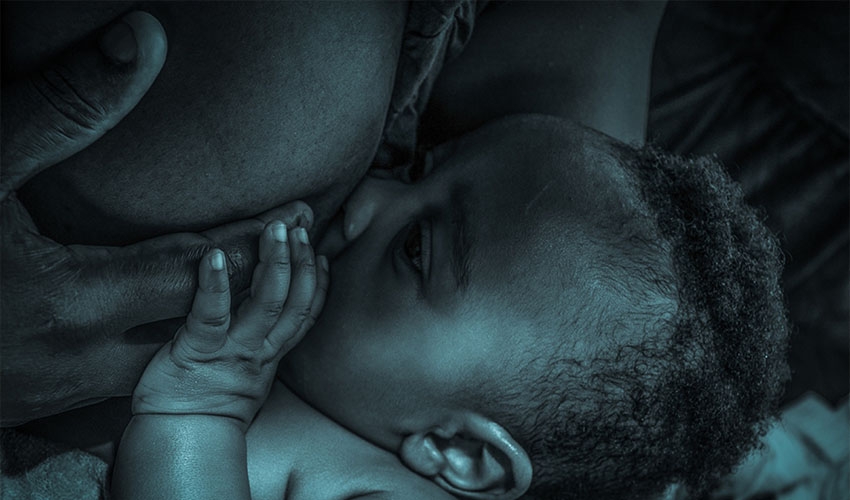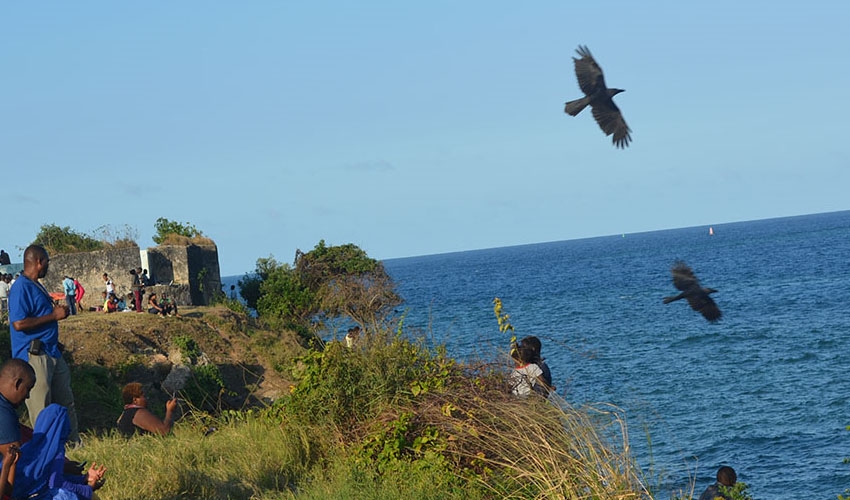Don. His name wasn’t typically Burundian. His father named him after Don King the renowned American boxing promoter. When Don King brought the great Mohamed Ali to Congo in 1974, Don’s father was in his mid teens. After Ali won the rumble in the jungle, Don’s father fell in love with boxing hopelessly So when his first son was born nearly ten years later, he remembered to call him Don.
Don is now thirty and working as a fisherman in Lake Tanganyika. This was his father’s trade and it is now his. Tragically, his father was one of the approximately 300,000 people who were killed during Burundi’s 1993 to 2005 civil war. After this tragic event, Lake Tanganyika became like Don’s father – it gave him the security of a livelihood.
Burundi’s share of the lake is only eight percent, which is more than Zambia’s share of 6 percent but a far cry from DRC’s 45 percent and Tanzania’s 41 percent. However, that eight percent constitutes at least 2,600 square kilometres in surface area, a size that is five times the size of Seychelles.
"Don't walk behind me; I may not lead. Don't walk in front of me; I may not follow. Just walk beside me and be my friend." Albert Camus
In 1971, this ‘fish garden’ gave Burundi 15,400 tonnes of fish. The following year in 1972, fish production plummeted to 6,400 tonnes because of the genocide. It is estimated that 80,000 – 200,000 Burundians lost their lives in the genocide.
The increased conflict was accompanied by decreased fish production and less money.
Don’s father lived through that particular conflict and passed on the fishing trade to his son. During the years that they fished together, Don’s father always told him that, ‘fish can give you two very important things – good money and great peace.’
Like thousands of other Burundian fishers, Don’s father specialized in ndagala, the small sardine like fish that are popular with locals. Don later decided to cast his net wider by becoming a jack-of-all-fishes. He took whatever fish the lake gave him but prayed for the much beloved mukeke. If ever there was a fish that gave him good money, it was this one. But it was also very good in the hide and seek game and could be rather difficult to catch. When mukeke went missing, Don would still be happy with sangala, another fish common in Lake Tanganyika, the second deepest lake in the world.
The lake has also become like a surrogate husband to many war widows or ex combatants who now derive their livelihoods from fish. In order to further build on this phenomena, the Food and Agriculture Organization (FAO) supported ex-combatants in conserving and commercializing fish from Lake Tanganyika. Many of the people who received FAO’s support had already been using activities like collective drying of fish to enhance reconciliation and unity. The support gave them further impetus to earn more from fish.
FAO later partnered with the Burundian Ministry for Agriculture and Livestock in a project known as ‘Support to post-harvest fisheries technology.’
As fishermen like Don can attest, getting fish out of the water is just one part of the job. The other equally important part is selling this fish when it is still fresh or increasing its shelf life by conserving it. In 2004, nearly 15 percent of harvested fish was lost not to robbers but to post harvest challenges. As Burundi was losing 15 percent of its hard earned fish, $4.3 billion was earned from fish exports by other African countries.
According to FAO, whose first fishery project in Burundi was in 1970, post-harvest poor handling practices include, ‘using dirty canoes, equipment, fish boxes and baskets; not washing fish; washing fish in dirty water; placing fish on dirty surfaces; and physically damaging fish by throwing or standing on them.’ Such are the practices that handlers no longer engage in after receiving training and equipment like raised metallic racks for frying their fish and freezers. Apart from increasing fish revenues, this whole process solidifies the gains made by ex-combatants in rehabilitation, which is more of a marathon than a sprint.
Some people consider spending a night in the middle of the lake to be extremely unsafe. But that is where Don feels most secure. The fact that he is literally harvesting from his ‘fish garden’ gives him hope that he can make money, take care of his young family and keep going.
However, his fish catch has been dwindling, leaving him deeply worried. There were times in the past when he would return in the morning with more than fifty kilos of fish. Now he would be lucky to get even thirty kilos.
In 1995, Burundi produced 21,000 tonnes of fish. Fifteen years later in 2010, the yield had dropped to 20,000 tonnes before dropping even further to 15,000 tonnes in 2013.
In 2010, fisheries contributed US$10 billion to African economies. Unfortunately, Burundi’s share of this scoop was negligible.
If Burundi gains a foothold in the fish export sector, fishers like Don will benefit even more as will the ex-combatants. Every morning when he docks in one of Lake Tanganyika’s 700 landing sites, Don needs reassurance that the fishery future is bright, not bleak. Longer shelf life of his fish has already given him a measure of reassurance. A wider market for this fish would translate to more competitive prices and give fishermen like him even much more reassurance.
Back in 1974 when Mohamed Ali was rumbling in the boxing jungle, fishery contributed less than 1 percent to GDP. More than forty years later, the situation hasn’t changed drastically.
As far back as 1976, FAO/UNDP research estimated that, ‘a sustainable level of production of at least 25,000 tons per annum for Burundi is possible.’ Unfortunately, this estimated projection has remained largely unfulfilled. Many years of civil war definitely have something to do with this as it is impossible to realize sustainable productivity in a climate of conflict.
Although the civil war bullets and machetes didn’t kill fish, they killed people who were either consumers or fishers.
Back to the words of Don’s father, ‘fish will give you good money and great peace.’
It’s time to heed his advice.
Note: Don is a composite character reflecting the experiences of different real-life fishermen.







